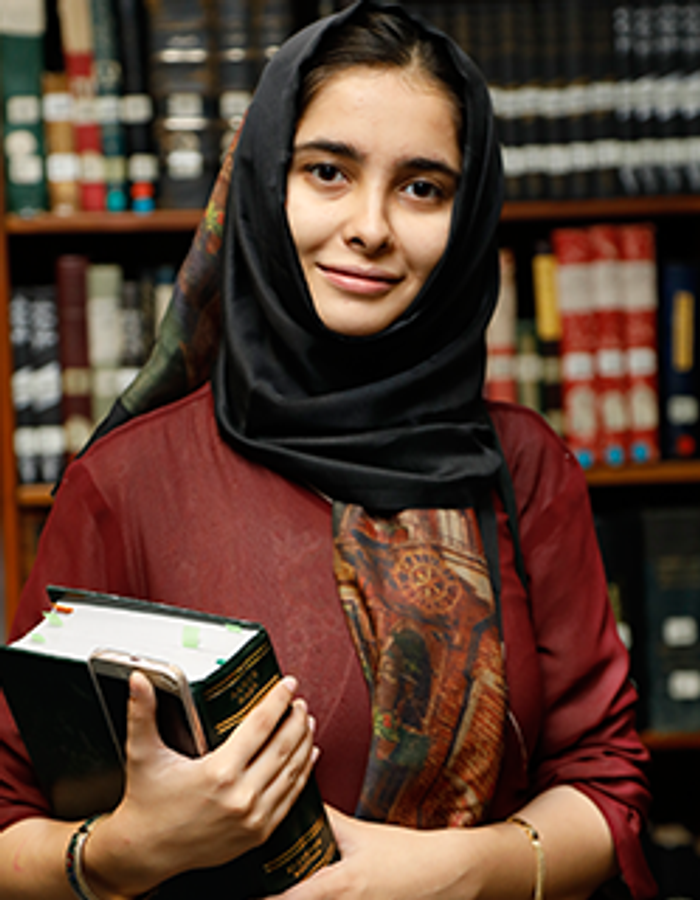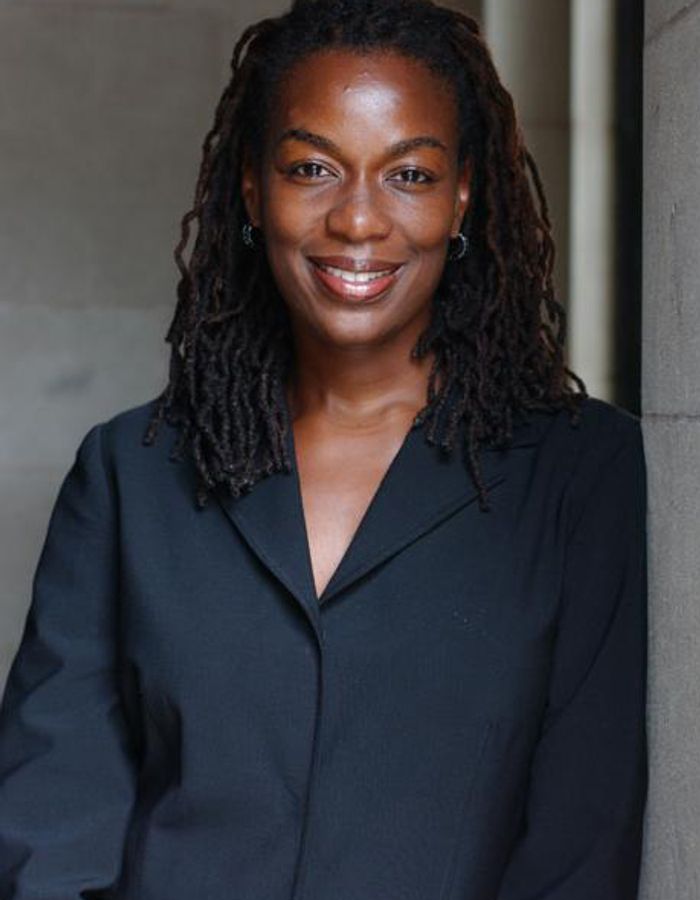Category: Artificial Intelligence
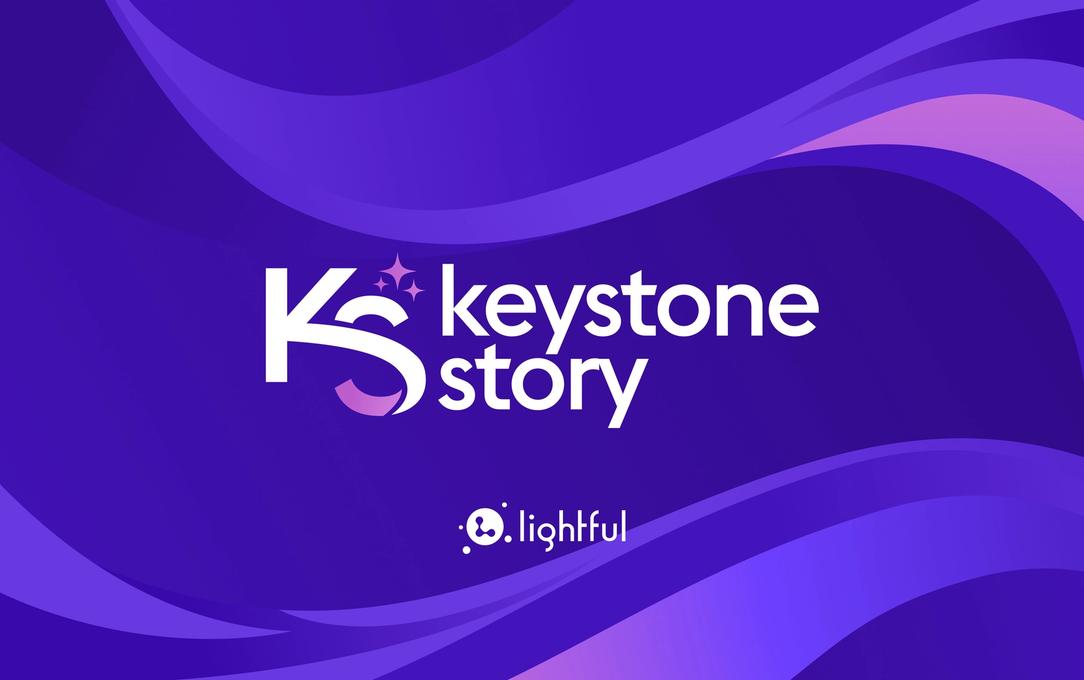
AI and beyond… meeting the moment with The BRIDGE Collective
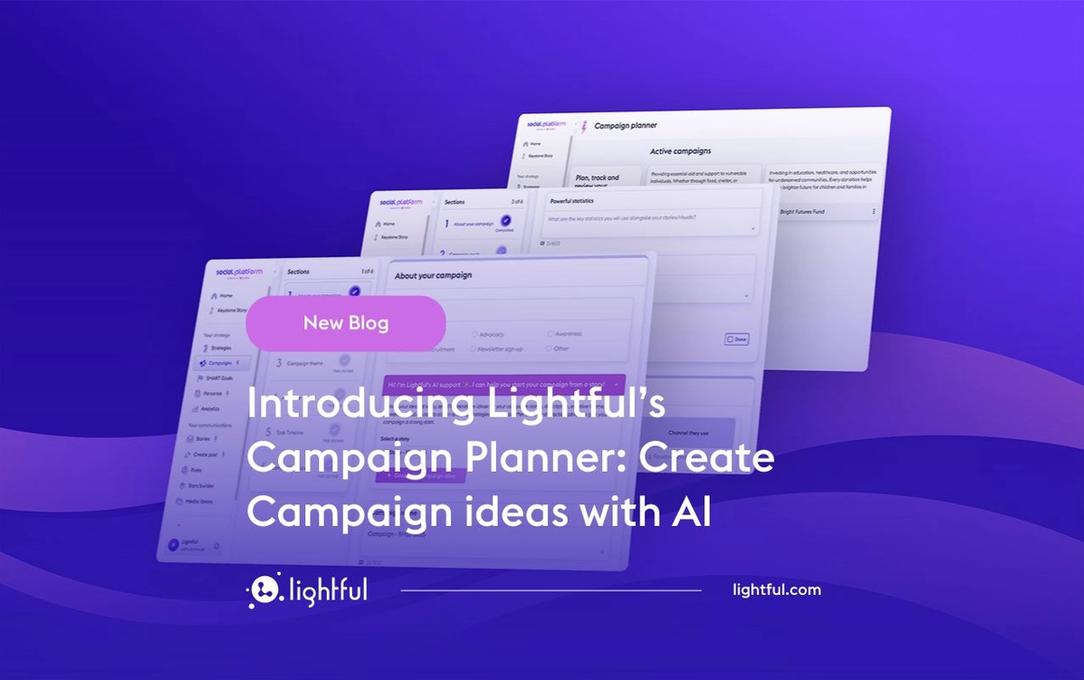
Introducing Lightful’s Campaign Planner: Create Campaign ideas with AI
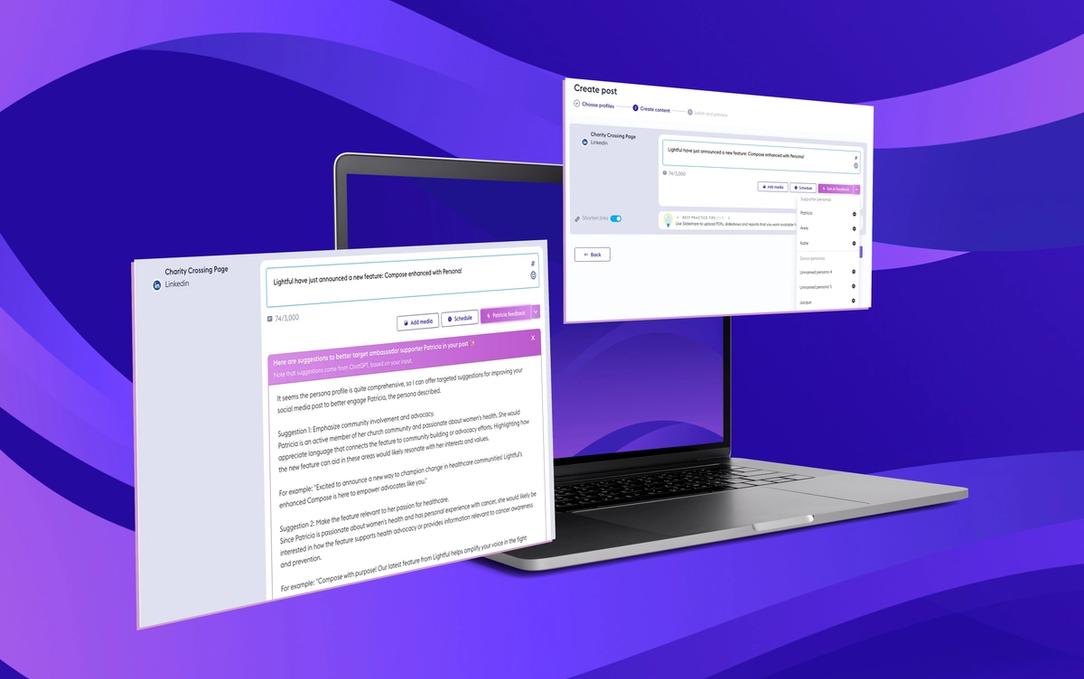
At Lightful, we are dedicated to developing innovative AI tools that empower nonprofits to share more effective communications, covering everything from social media management to persona creation and ethical storytelling. Our vision has always been for these tools to work together, enabling nonprofit staff to save time and achieve better results. The latest feature we have developed is our enhanced AI Compose Tool, now integrated with Lightful’s Persona Creator.
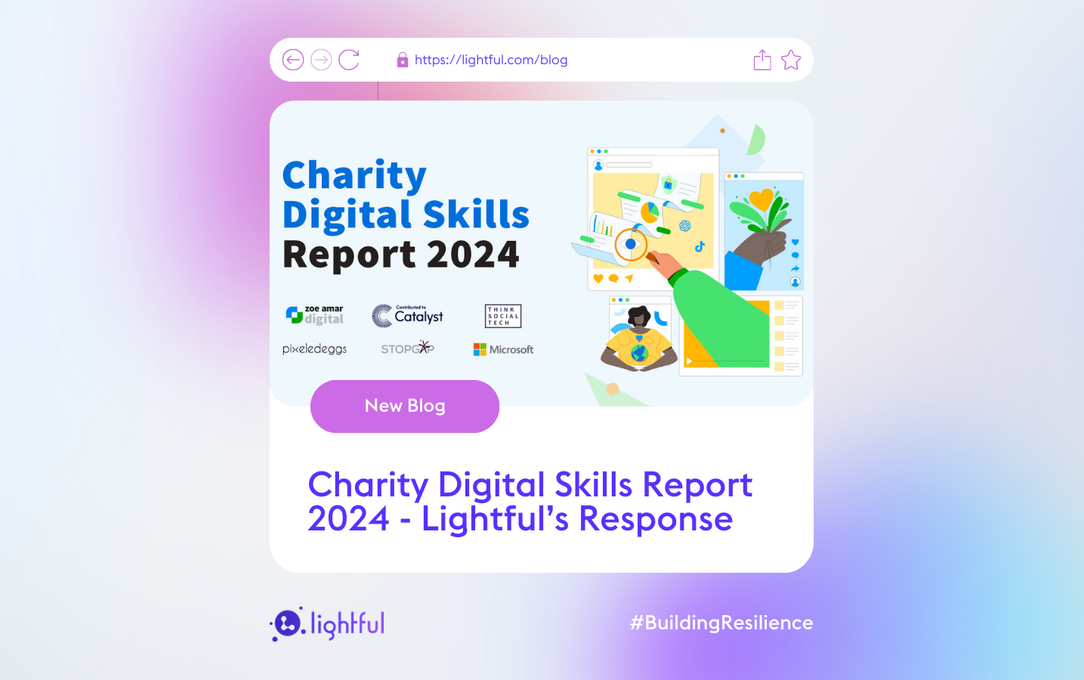
Every year, we wait with baited (and sometimes apprehensive) breath for the annual Charity Digital Skills Report to be released. It’s become something of a key marker of the UK charity sector’s state of digital maturity, and forms a key part of how we at Lightful measure the need for our digital training programmes. Having quickly read the (119 page!) report, here are my *hot takes* and thoughts on solutions:
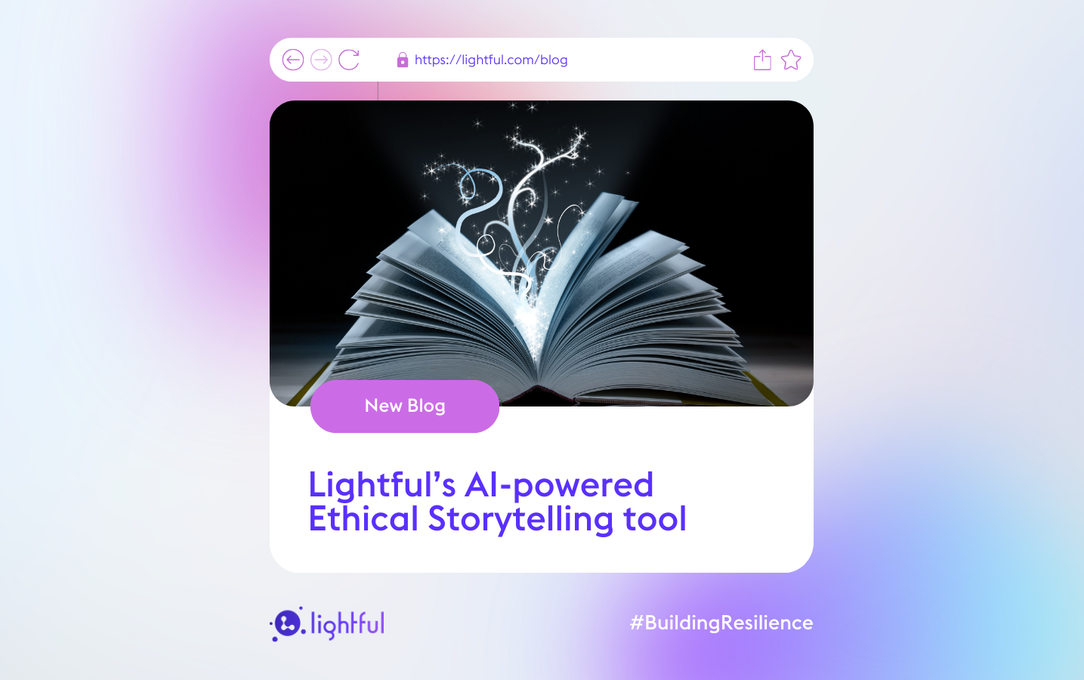
At Lightful, we believe that telling a compelling story is at the heart of every successful nonprofit. But beyond just capturing attention, it’s essential to tell these stories ethically, upholding the dignity and consent of the individuals whose stories are being shared. That's why we've developed our Ethical Storytelling tool, designed to help nonprofits communicate their mission while respecting and empowering the people they serve.
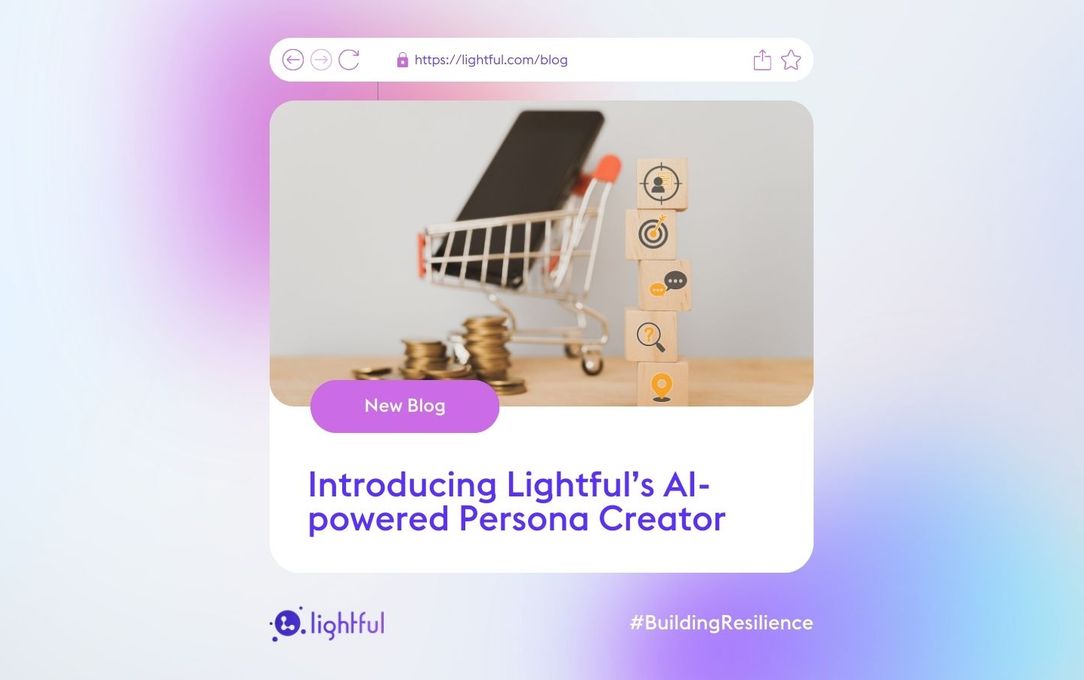
In today’s competitive digital landscape, effective communications are crucial for nonprofits striving to make a meaningful impact. Understanding and reaching the right audience can often be a daunting task, but our new tool aims to simplify this process. We are thrilled to introduce our latest AI-powered innovation, designed to help nonprofits create marketing personas.
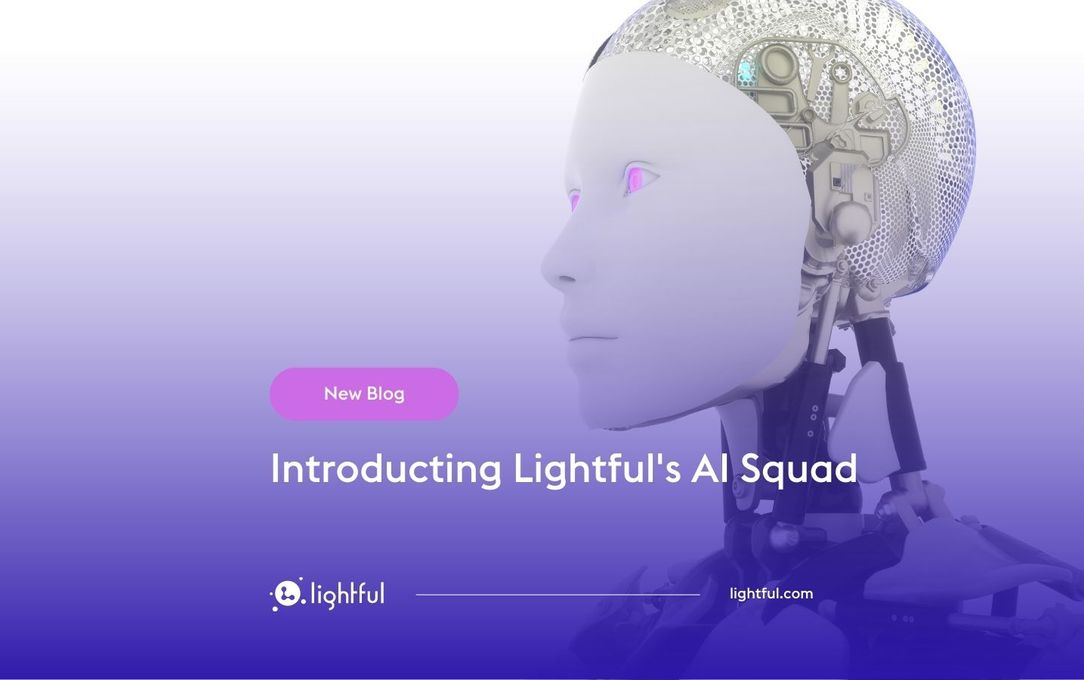
When ChatGPT was first introduced, the team at Lightful spent hours diving into the world of generative AI to see what it could do. We realised in order to grasp its full potential we needed a team of cross-functional experts to focus on this emerging technology. So we assembled an internal ‘AI Squad’ composed of designers, digital coaches, engineers and product experts. As a result, we have been able to quickly innovate, iterate and prototype ideas with nonprofits, co-creating solutions to their challenges and keeping humans at the centre of the design process.
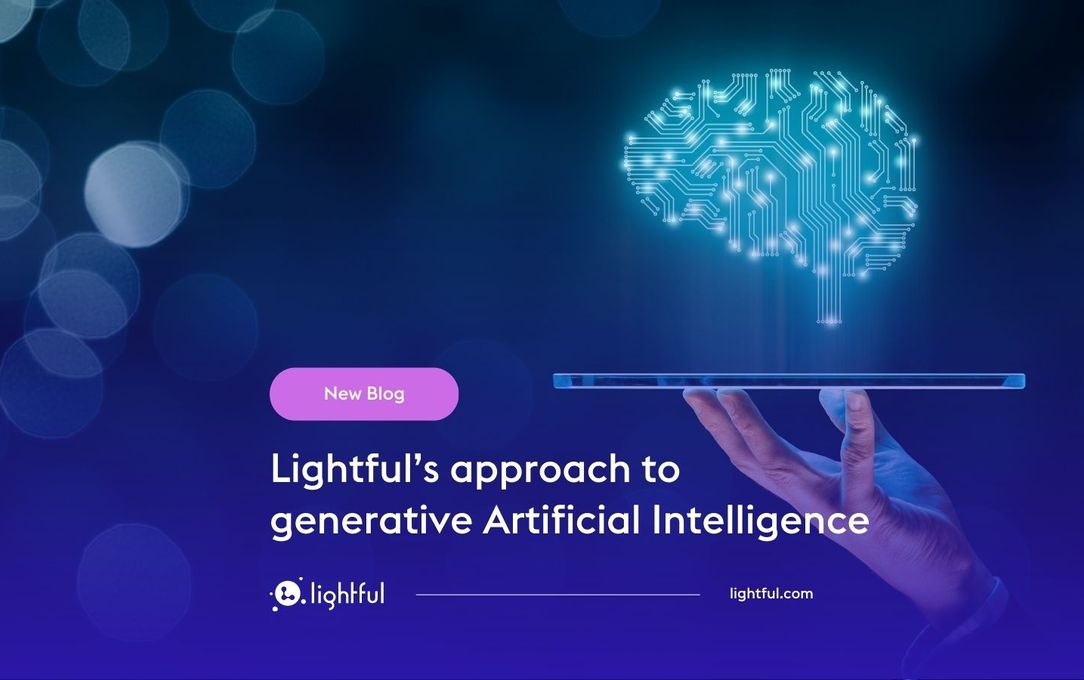
At Lightful, our commitment to supporting nonprofits in their mission to do the greatest good drives our exploration of the latest technological advancements.
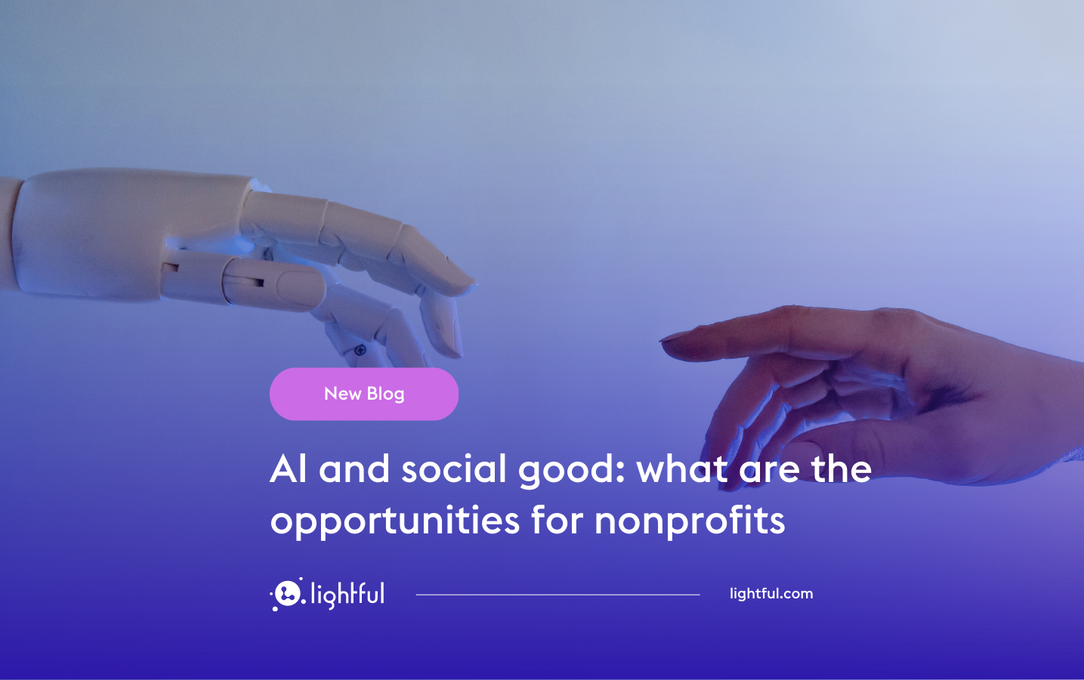
Over the past few months we have seen an acceleration of news and developments about artificial intelligence (AI) and how it can potentially transform the way nonprofits are working. Last month, Lightful was delighted to host a fireside chat with smart tech experts and co-authors of The Smart Nonprofit: Staying Human-Centered in An Automated World, Beth Kanter and Allison Fine.

Earlier this month, we had the pleasure of running a webinar in partnership with Alliance magazine, shedding light on the (hot) topic of Philanthropy and AI. I was joined on the panel by Karen Gill, Vice President of Operations, Patrick J. McGovern Foundation and Catherine Miller, Director, European & AI Society Fund.

A few years ago, the Tour de France had a time trial stage in London. I wasn’t a massive cycling fan, but this was a rare opportunity to watch the world’s most famous cycling race in the flesh, and so I joined the thousands of other people lining the pavements to watch. After waiting an age, and before we saw it, we heard the surprisingly deafening rumble of the peloton. And then, in seconds, it was gone.
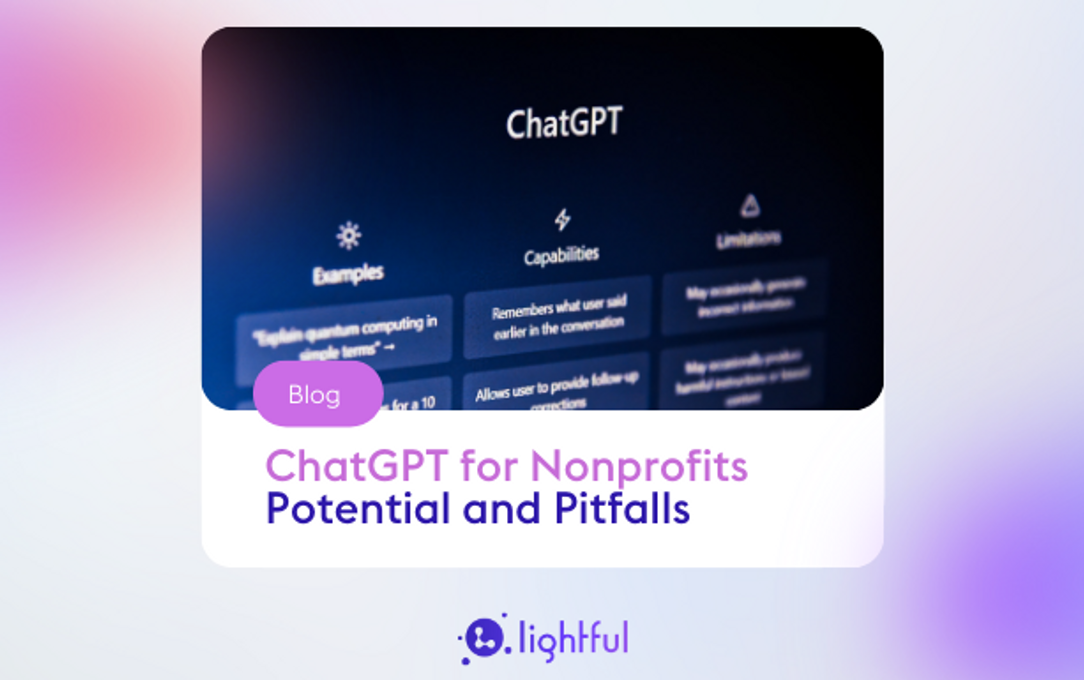
The latest technical innovation that has got the internet abuzz is ChatGPT, so I wanted to write about what it means for nonprofits. Given that it is a chatbot that can answer pretty much any question, I decided to ask ChatGPT to help me write this blog post to demonstrate how it works. As well as being pleasingly meta, this also shows how it works and its limitations through a sort of human-to-AI interview with my thoughts in parentheses…
See who we help
Contact us
Want to learn more?
Email Jonathan and start a conversation




